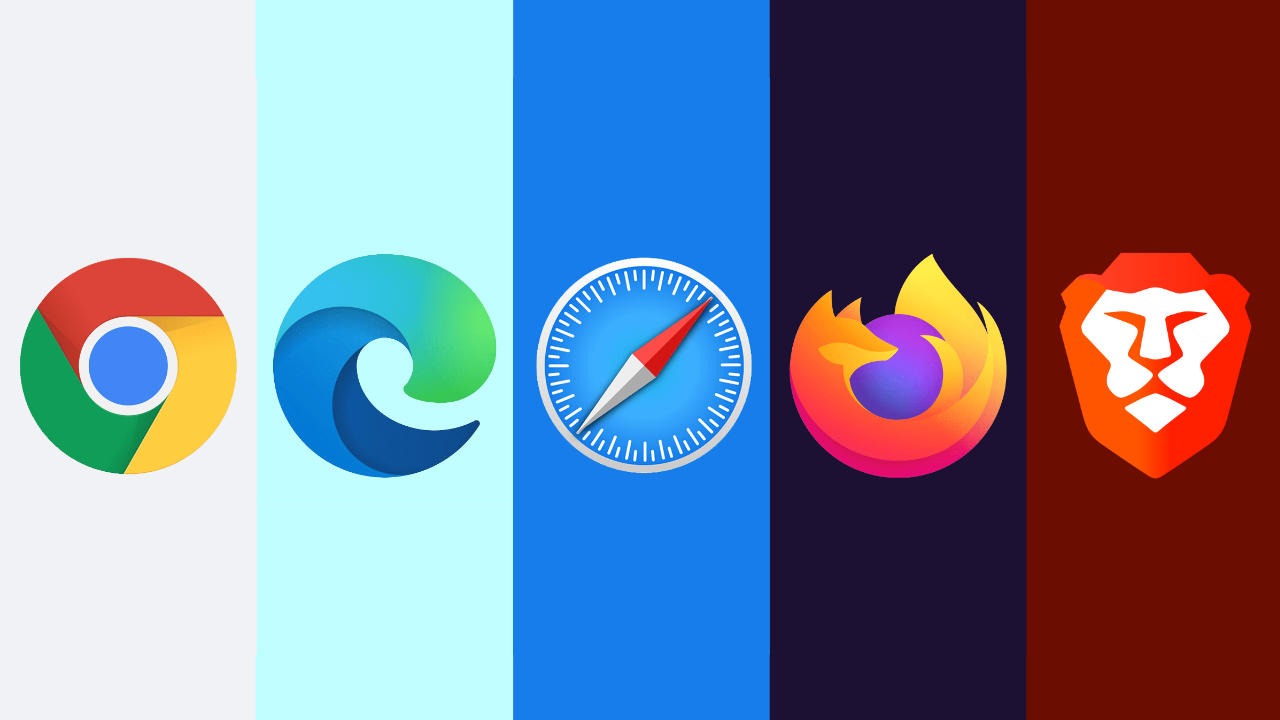Which Web Browser Really Protects Your Privacy?

Let’s be honest : when was the last time you thought about what your browser actually knows about you ? We open Chrome, Edge, Safari, or Firefox every day without thinking twice, but these little windows to the web collect a crazy amount of data. Some do it to “improve the experience,” others to fuel entire ad ecosystems. So, which browser really respects your privacy – and which one just pretends to ?
The Big Names : Familiar, but Not Always Friendly

Google Chrome is the obvious giant. It’s fast, sleek, and basically everywhere. But here’s the deal : Chrome is Google. And Google’s business model runs on data – your data. Every tab, search, and click can feed an enormous advertising machine. Yes, you can tweak the privacy settings, but let’s be real : Chrome isn’t built for anonymity.
Microsoft Edge, the reborn Internet Explorer, is actually much better than people expect. It’s smooth, works well with Windows, and includes some tracking prevention by default. But again, it’s a Microsoft product. The company still collects telemetry data, usage patterns, and syncs plenty of info to the cloud. Not the worst, but not the best either.
Firefox : The Veteran Defender
If I had to name one “old-school” browser that still fights for user privacy, it’s Firefox. Mozilla isn’t an ad company. It’s an independent non-profit, which already makes a huge difference. Firefox blocks third-party cookies by default, can stop fingerprinting scripts, and lets you dive deep into privacy controls. I’ve personally switched back to Firefox a few times just because it feels like a browser that’s on my side, not watching me.
That said, it’s not perfect. Some sites don’t behave ideally with stricter settings, and it can feel a little slower than Chrome on certain pages. But for privacy ? It’s solid – and it keeps improving.
Brave : The Rebel with a Cause
Brave came out swinging. It blocks ads and trackers out of the box, upgrades connections to HTTPS automatically, and doesn’t sell your data. The interface looks like Chrome (it’s built on the same engine, Chromium), but it’s heavily customized for privacy. You can even earn tokens for seeing ads that respect your data, though that part isn’t everyone’s cup of tea.
I’ve tried Brave for a few months – the browsing felt clean, pages loaded fast, and I didn’t see those creepy ads following me around. It’s one of the few browsers that makes privacy feel effortless.
DuckDuckGo Browser : Small, Simple, and Strict
DuckDuckGo isn’t just a search engine anymore. Its browser, available on mobile and now expanding to desktop, takes a hard stance on privacy. It blocks trackers, enforces encryption, and even prevents hidden scripts from sending data to advertisers. It’s minimal, fast, and doesn’t try to reinvent the wheel – just cuts the noise.
However, it’s still relatively new. So, if you rely on heavy extensions or specific developer tools, you might hit some limits.
Tor Browser : The Nuclear Option
Now, if you really, really want to go off the grid, there’s Tor Browser. It routes your connection through multiple encrypted layers (called nodes), making it nearly impossible to trace your location or activity. It’s the go-to tool for journalists, activists, and privacy purists.
But here’s the catch – Tor can be slow. You might wait a few seconds longer for pages to load, and some sites won’t even work properly because of its extreme security. Still, if anonymity is non-negotiable, Tor is in a league of its own.
So… Which One Should You Use ?

It depends on what you’re after. If you want the perfect balance between usability and privacy, Firefox or Brave are excellent choices. If you’re doing sensitive research or want maximum anonymity, go for Tor. If you just want convenience and speed and don’t mind sharing some data, you’ll stick with Chrome or Edge – but at least you’ll know what’s happening behind the curtain.
Final Thoughts
Privacy online isn’t just about hiding – it’s about control. Knowing who collects what, and deciding if you’re okay with it. The right browser won’t make you invisible, but it can drastically reduce how much of your digital life gets packaged and sold.
Personally, I switch between Firefox for everyday stuff and Brave when I’m testing or reading news. And every time I open Chrome, I can’t help but think : “Am I browsing the web… or is the web browsing me ?”
le.francois.sylvain@gmail.com
Related posts

Top 10 Must-Have Software to Optimise Your PC (and Avoid the Most Common Breakdowns)
Let’s be honest : when your PC starts behaving weirdly – fans spinning like a jet engine, apps freezing out of nowhere,...
Read out all
Slow Wi-Fi at Home: 10 Concrete Tips to Improve Your Internet Connection
Slow Wi-Fi at home can ruin a perfectly good day. You’re trying to join a video call, Netflix se fige, someone dans...
Read out all
NAS server for beginners: what it’s for and how to choose the right one for your backups
If you’re googling “NAS server for beginners” there’s a good chance you’re tired of juggling USB drives, random folders called “Backup_final_final_v2” and...
Read out all
How to Choose a Trustworthy VPN in 2025: A Clear, No-Jargon Guide to Protect Your Connection
Choosing a VPN in 2025 feels a bit like walking into a giant tech store in London on a Saturday afternoon :...
Read out all